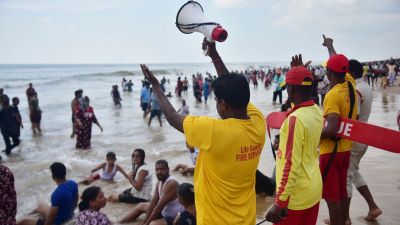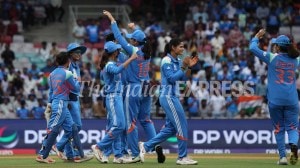SC for study to see where PILs got results
Barely a few days after Justice Markandey Katju wondered about the utility of PILs for initiating corrective action, another Bench of the Supreme Court...

Barely a few days after Justice Markandey Katju wondered about the utility of PILs for initiating corrective action, another Bench of the Supreme Court on Tuesday took a different view of it.
Chief Justice K G Balakrishnan and Justice R V Raveendran, during the hearing of a PIL on Tuesday, acknowledged some beneficial aspects of PILs, that have actually helped the public.
“We know some of the PILs are unproductive and we have also seen some are very productive,” the court agreed to the arguments of advocate Colin Gonsalves, who told the Bench how merely by filing the petition, the Government had agreed to do lot of things.
At which, Justice Raveendran wondered whether any research has been carried out to find out how useful PILs have been. “Some research in the area would be a positive step,” he remarked.
“A general study of PILs would be helpful to know where it has been unproductive and where it has been very productive. It can be inspirational for others,” opined Justice Raveendran with a silent nod from the CJI.
“We also learn from experience,” the Bench said.
Earlier, Justice Katju, while hearing a PIL in his court last week, had again warned courts not to encroach on the domain of other organs of the state while hearing petitions, which is akin to legislation. Citing the case of river Yamuna, Justice Katju had observed that despite the court closely monitoring it and crores of rupees being spent on it, the quality of water had not improved. In fact, it had worsened, he said.
On Tuesday, however, several advocates also pitched in advocating the utility of PILs.
Like advocate Sanjay Parikh, who stood up during the remarks and informed the Bench how it was a PIL and monitoring by the court that helped the implementation of a food scheme in Orissa’s eight worst poverty-hit districts including Kalahandi.
Earlier in December last year, the apex court had even suggested framing guidelines with regard to what could be treated as PILs.






- 01
- 02
- 03
- 04
- 05

























